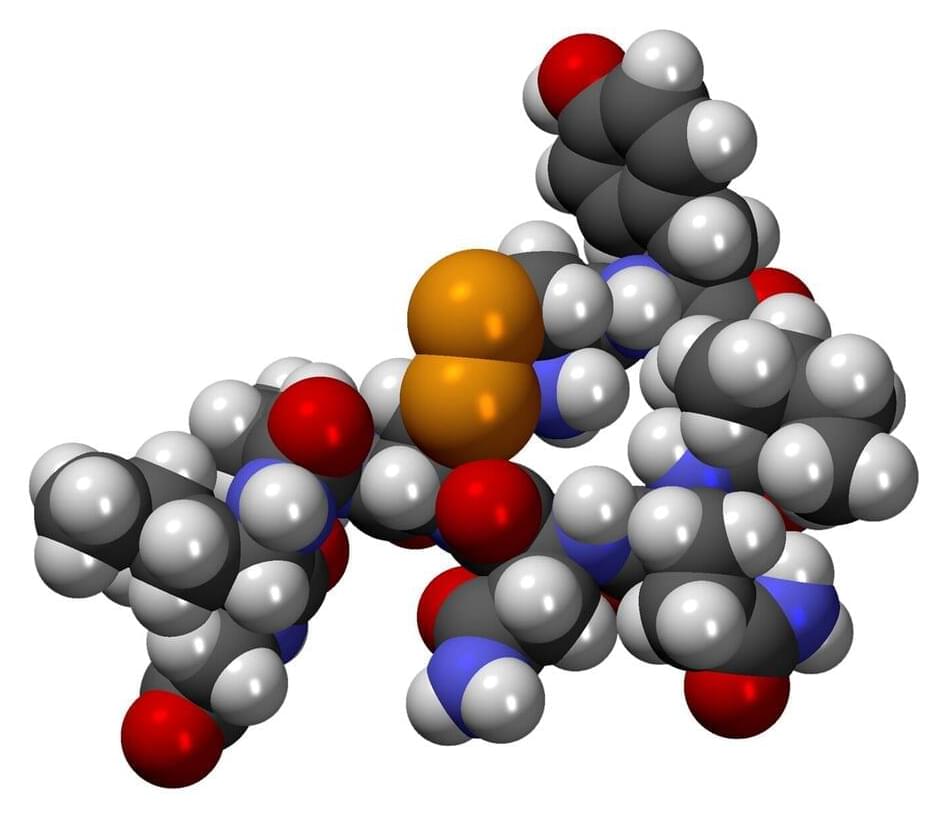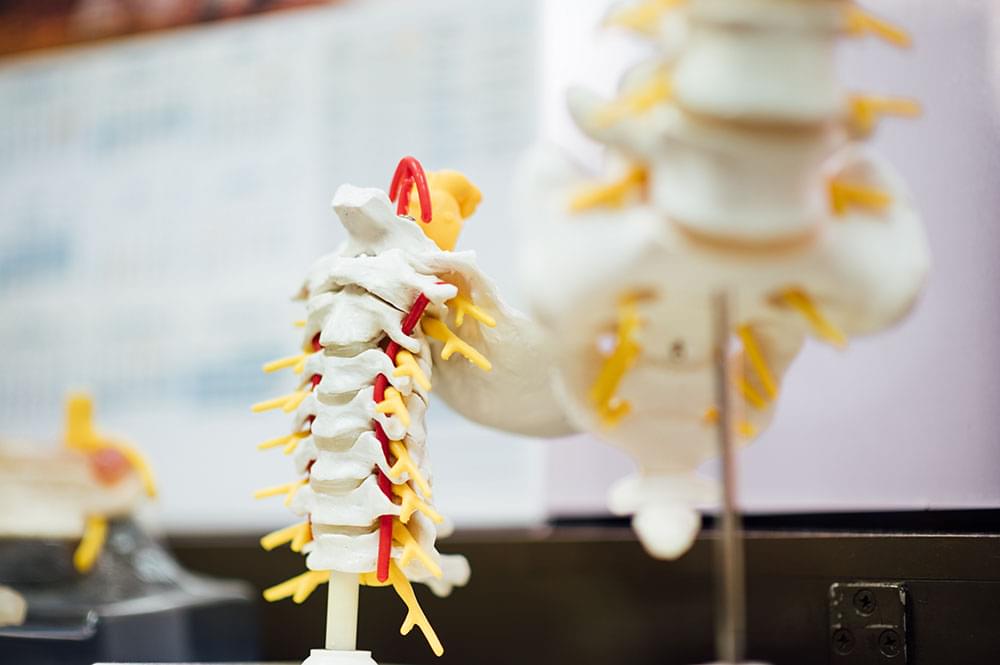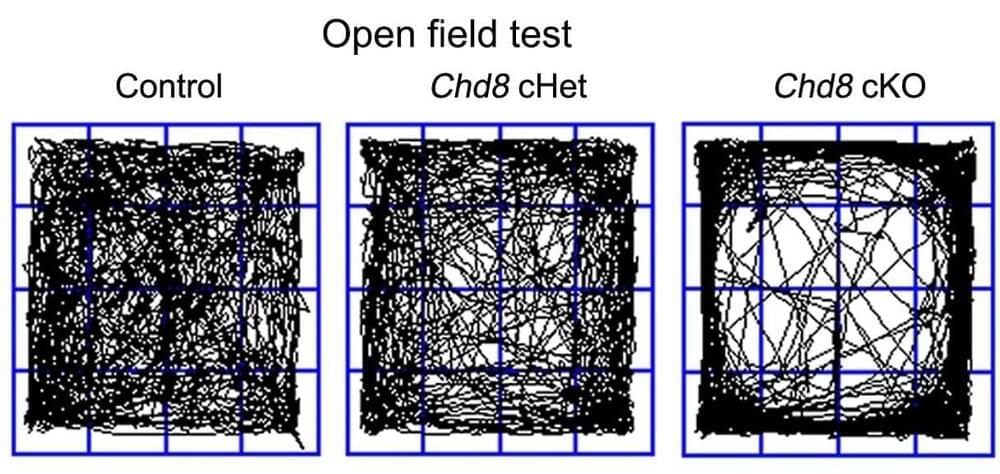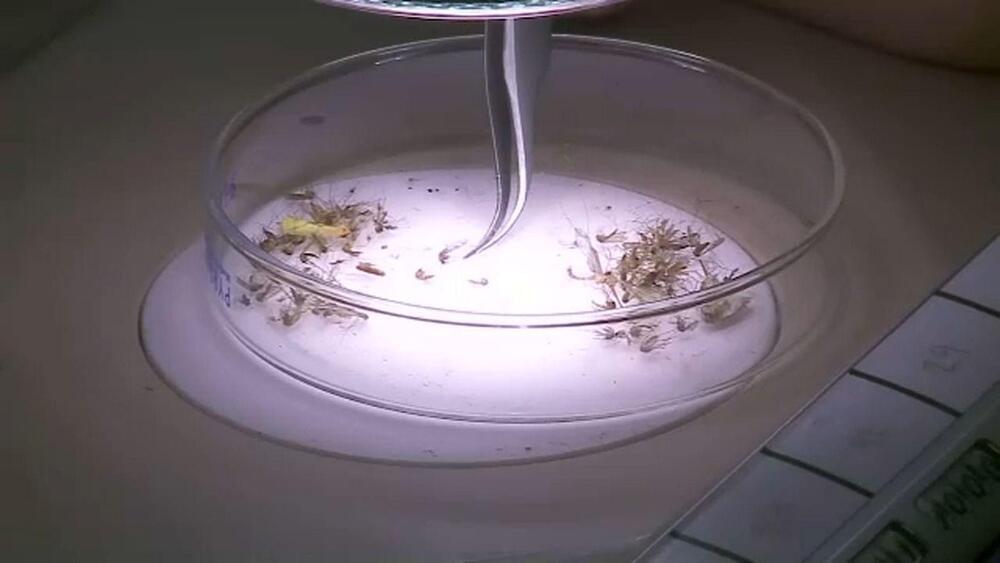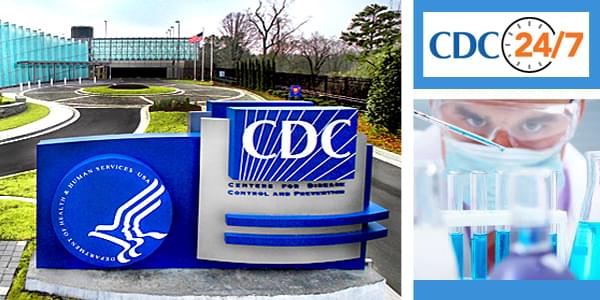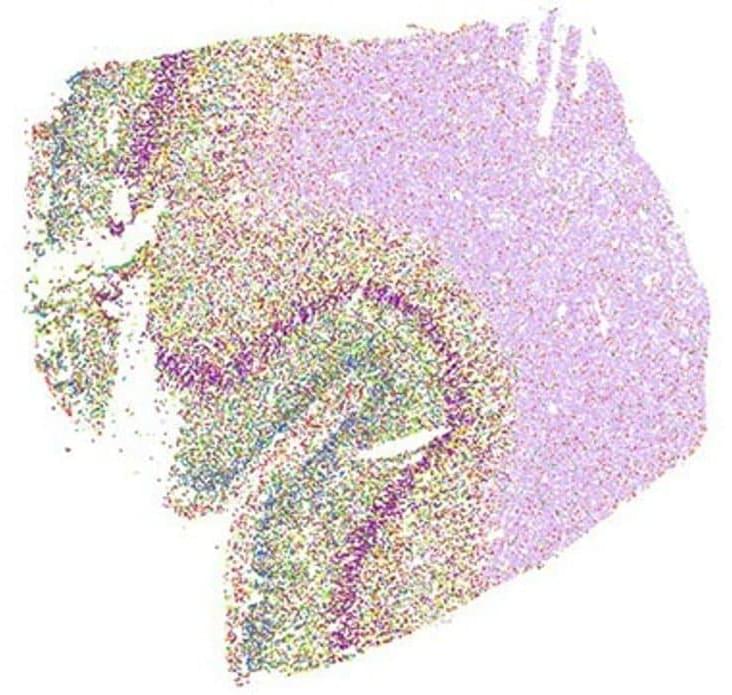The neurohormone oxytocin is well-known for promoting social bonds and generating pleasurable feelings, for example from art, exercise, or sex. But the hormone has many other functions, such as the regulation of lactation and uterine contractions in females, and the regulation of ejaculation, sperm transport, and testosterone production in males.
Now, researchers from Michigan State University show that in zebrafish and human cell cultures, oxytocin has yet another unsuspected function: It stimulates stem cells derived from the heart’s outer layer (epicardium) to migrate into its middle layer (myocardium) and there develop into cardiomyocytes, muscle cells that generate heart contractions. This discovery could one day be used to promote the regeneration of the human heart after a heart attack. The results are published in Frontiers in Cell and Developmental Biology.
“Here we show that oxytocin, a neuropeptide also known as the love hormone, is capable of activating heart repair mechanisms in injured hearts in zebrafish and human cell cultures, opening the door to potential new therapies for heart regeneration in humans,” said Dr. Aitor Aguirre, an assistant professor at the Department of Biomedical Engineering of Michigan State University, and the study’s senior author.
